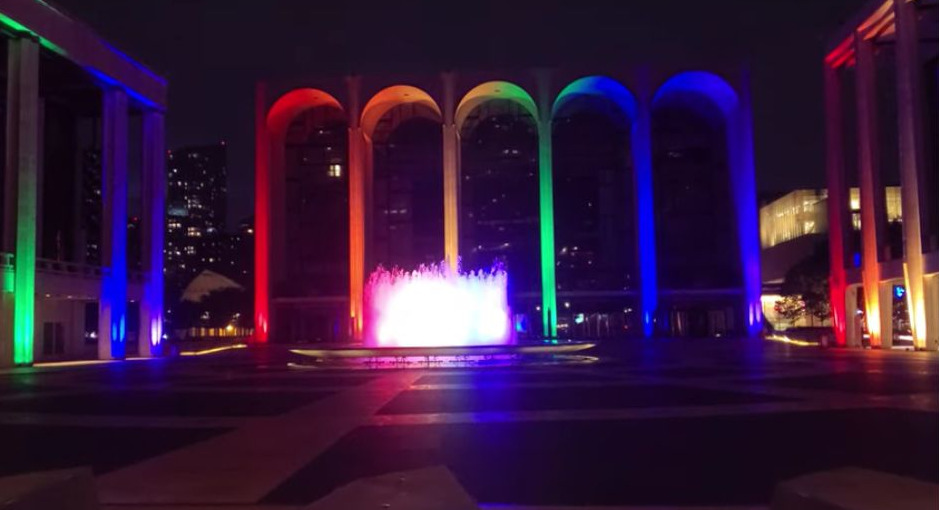
Justin Davidson writes this week in the iconoclastic New York Magazine wondering aloud if Manhattan’s dominance of American cultural institutions will fade, a victim of coronavirus.
Clearly, it won’t be easy to stage a comeback for these very expensive organizations, faced with the high cost of everything in New York (storage of scenery, pensions, unions, rentals). Here’s the problem, in a nutshell version of the article:
“The city’s status as a cultural capital depends on a world-spanning arts machine that sucks up talent and pumps out performances night after night. The sudden halt, followed by protracted slumber, could leave a lot of wreckage: artists who change careers or retire prematurely, audiences that drift away, donors who decide they’d rather fund social causes and medical research, organizations that can’t afford their mortgages. According to Governor Andrew Cuomo’s timetable, theaters and concert halls will be part of the fourth and last phase of reopening, but even the brand-name institutions wonder how easily they can pick up where they left off. ”
Put another way: Is this an opportunity for non-New York cities? Some cities will step up, with Chicago, LA, Miami, Boston, Houston, and San Francisco the likeliest contenders. Might Seattle, in the next tier with Minneapolis, Atlanta, Dallas, and Philadelphia, also get ambitious?
Another opportunity is for Seattle to wean itself from the Manhattan syndrome. There was a time, a generation ago, when nearly all our artistic leadership came from New York. Speight Jenkins of the Opera is a Met-oriented New Yorker. Gerard Schwarz played trumpet for the New York Philharmonic and had a chamber orchestra in Manhattan, where he lived. Dan Sullivan of the Rep aimed some shows at Broadway, where he is now a hot director, as is Bartlett Sher of Intiman. Bagley and Virginia Wright, mainstay donors at the Art Museum, guided local collectors to the New York School of the mid-century. It seemed as if a New York accent was a prerequisite for getting hired in Seattle.
That was not supposed to happen as regional cities launched their own cultural expansions. The notion of nonprofit regional theater, for instance, was not to be a feeder to commercial Broadway shows, but to develop regional actors, playwrights, and audiences as a corrective to the Big Apple. When the Ford Foundation poured money into local organizations, prompting them to become full-pay, year-round institutions, the idea was to develop cultural ambition outside the Manhattan-and-touring dependency.
The pattern was an “outside-in” model for cultural vitality. At the metropolitan centers arts tended to grow expensive and to ossify into formulas. At the fringes of culture, new things were born outside the fatal magnetic pull of the capitol. When you think of modern theater it is Stockholm and Oslo and Dublin, not London.
Seattle got a little of this regional spirit, but never drank deeply. Our cultural institutions are instead quite derivative, which is more comforting for audiences and donors. Take away the New York dominance, however, and you might have more vitality at the regional level, even if the smaller-city arts organization will also have to recover from the blows of the pandemic economy. Develop new donors from the entrepreneurial world and disruption could ensue. Things might loosen up.
Bigger question: Will Seattle step up?
Discover more from Post Alley
Subscribe to get the latest posts sent to your email.

Step up to what? All those cumbersome, expensive, deficit-ridden, Eurocentric institutions in New York, Seattle, and other cities are badly wounded now. Some may recover, but it might be best just to put many of them out of their misery.
I think your definition of cultural institutions is far too narrow, and the cities on your wannabe list are just places intimidated by New York bullies. I would suggest another list of American cities with living, breathing, locally-grown cultures: Nashville, New Orleans, Honolulu, Motown Detroit, Austin, Hollywood, and more.
Seattle qualifies as soon as we forget about Thomas Beecham and start remembering Jimi Hendrix, Morris Graves, Nellie Cornish, Greg Falls, Kurt Cobain, Mark Tobey, Lynn Shelton, Victor Steinbrueck, Norm Langill, Richard Fuller and many others. Tastes change. Fads come and go. Look around you. It’s already here.